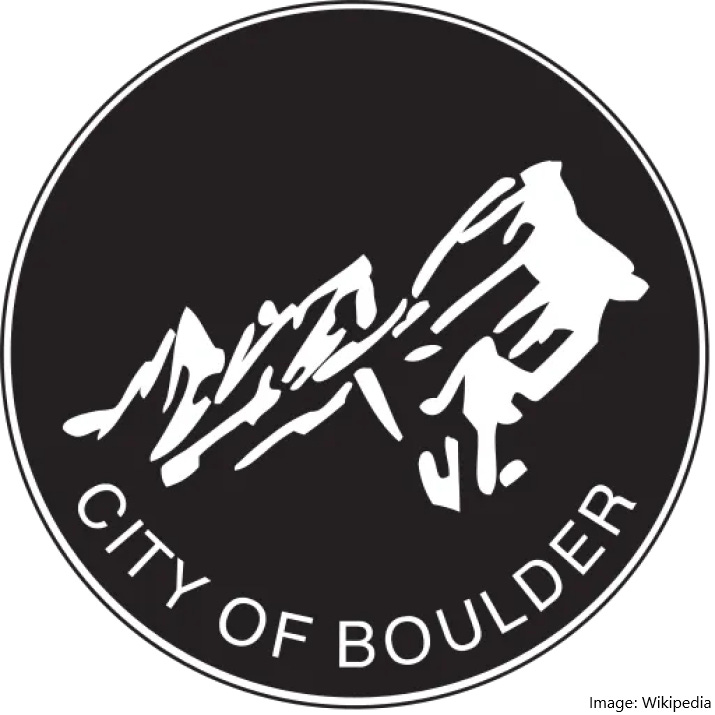At one time, Colorado was a state with agriculture, especially to the east, plenty of ranchers and cowboys, ski resorts, and tourists. It typically voted conservative, but suddenly in 2 decades it’s gone very liberal. Colorado had an unyielding conservative run from 1920 to 2004, with perhaps a diminutive blip or two during that time.
While the agricultural areas remain conservative, all of the other regions seem to have transformed. Most liberally progressive of all is the City of Boulder, 30 miles north-northwest of Denver. Boulder has a population of about 108,000 and encompasses the University of Colorado Boulder, the city’s largest employer. The university’s student enrollment is over 38,000.
Boulder is the most progressive left of any area in Colorado, including its largest city and capital, Denver. Actor and comedian Tim Allen, playing Mike Baxter on the television series ”Last Man Standing”, refers to Boulder as “The People’s Republic of Boulder”.
In an opinion piece entitled “Boulder is Too Liberal”, by city resident Halie Leland writes, “Furthermore, Boulder preaches inclusivity but does not entirely demonstrate it. Anyone who lives here could tell you why racial, religious and financial diversity are all crucial, but would likely decline to support, or worse, would ignore the notion of political diversity. It feels as though Boulder values inclusivity, but only certain types.” The Denver Gazette’s Editorial Board says Boulder’s average resident has a lofty superiority complex and a grand amount of hubris – the average home price in Boulder is $1.3 million. Boulder residents would assuredly share Katie Couric’s statement of belief, calling those in the rural middle of the country the “great unwashed”.
Reviewing the election results for Boulder County, of which the City of Boulder has the greatest percentage of voters, running as a Republican, if you are seeking victory, is essentially impractical or hopeless. The same situation would be comparable in the cities of San Francisco, Oakland, New York, Baltimore, and Honolulu.
What do all these cities have in common? These large municipalities have all sued major oil companies for causing damage to their various structures and infrastructures because they create climate change. Boulder’s case is covered in the Denver Gazette’s article, “Next, maybe Boulder should sue the sun’ – Boulder politicians are suing ExxonMobil and Suncor. The Denver Gazette story is pay-walled, but I also found it on the Climate Depot site. It should be further noted that, in 2007, Boulder became the first city in the United States to levy a carbon tax.
This is just another case to illustrate that anthropogenic climate change is a political, not scientific, position. None have been victorious so far, but judges and the judicial system have been proven to be political, on both ideologies, but more on the progressive side take action against conservative ideals. As reported by the Daily Caller, Bucks County in Pennsylvania, lost the most recent nuisance lawsuit. .
Yet, it is shown, particularly in the Gazette link, that when it comes to energy use, those who are in these suits are, by a large margin, the leading addicts and abusers. A significant irony isn’t it. However, the counterfeit creation of victimization is incessantly a progressive pursuit.





It should also be noted that expenditures to combat these nuisance lawsuits cost all consumers in extra fuel prices. If a politically motivated judge were to declare the oil companies liable, even more costs would be passed on to the consumer. This will include additional outlays because these cases would be appealed.